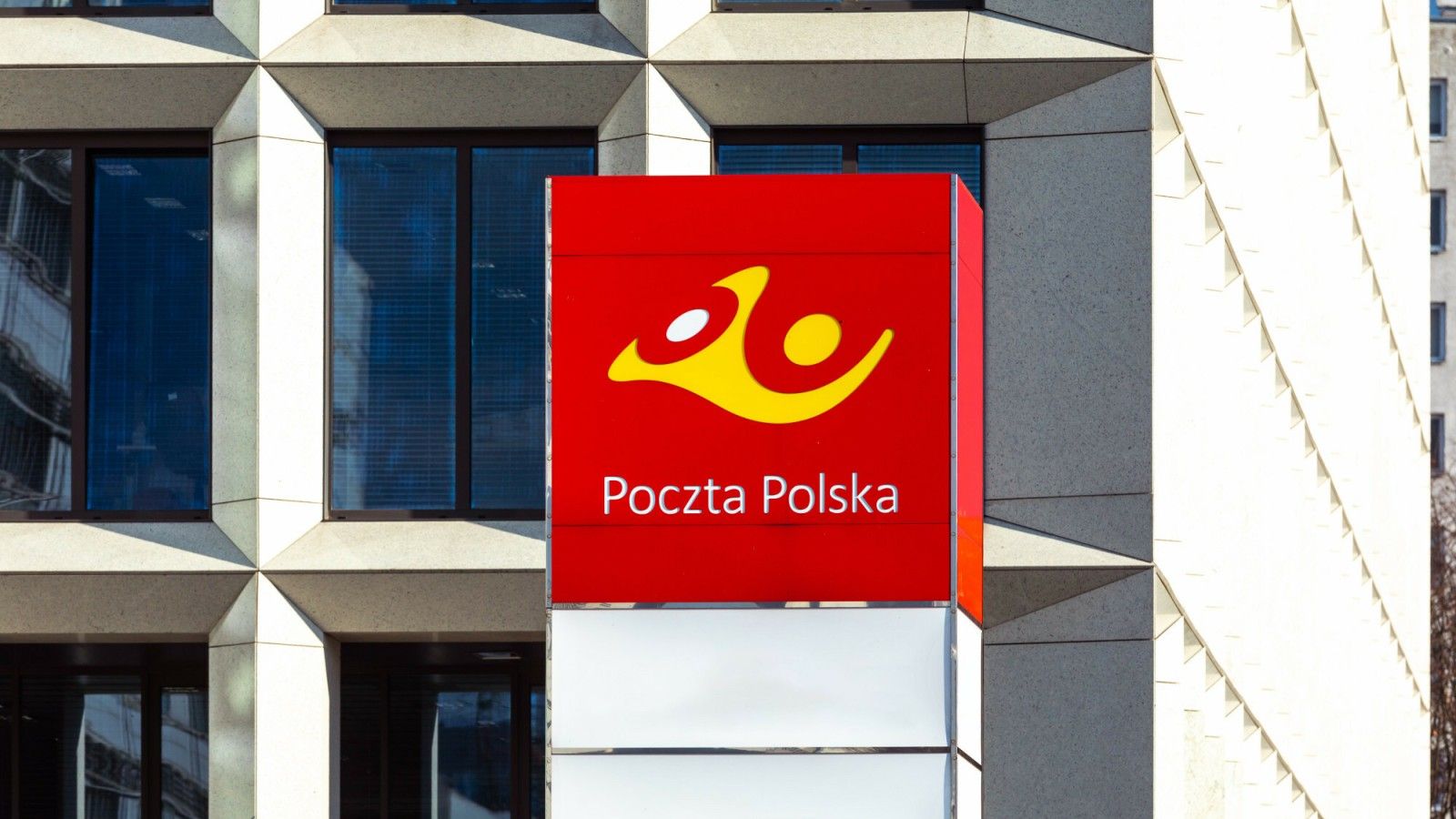Nowadays, retaining talents has become a critical challenge for companies. According to different researches, turnover costs are expected to increase in 2025 due to wage inflation and labor market constraints. Despite this, a lot of companies still use old methods for retention as exit interviews, which happen too late, because the decision is already made. A proactive view on retention consists of the statement that talent retention starts long before an employee begins thinking about leaving.
Based on Work Institute's latest analysis of over 120,000 exit interviews reveals that over 75% of cases of voluntary turnover in 2025 were preventable. The main reasons were career growth, work-life balance, management issues, total rewards, and family issues. An exit interview is one of the key tools to help identify the problems why people are leaving the company, but there is no opportunity to prevent it. It comes down to one main insight: the exit interview is a reactive tool, and it doesn’t help retain people.
Building a culture of retention in the organization means focusing on the key factors that truly drive engagement and loyalty. In practice, this comes down to a few key pillars:
- Leadership development
As stated by Work Institute's Global Retention Report 2025, managers have the greatest impact on employee retention. They shape their teams’ daily experiences and directly influence engagement, performance, and the decision to stay. Manager effectiveness is predictive of six of the eleven categories that lead to employee turnover. That’s why managers’ development should be the key priority in the organization.
- Recognition and reward
If the company recognizes employees' hard work and contributions, it can boost morale and job satisfaction. The best approach is to provide a recognition program that celebrates achievements, both big and small. It can create a positive work environment where employees feel appreciated and more motivated to stay.
Competitive salary and benefits
One of the most often reasons of voluntary turnover certainly is a competitive salary. Offering competitive compensation and benefit packages can help not just attract new talents but also retain top talents. The organization should provide a transparent program for salary review. Regularly reviewing and adjusting compensation based on market trends ensures that your employees feel valued and fairly compensated.
Career development
If you want to get and retain top talent inside the company, then offer your employees training programs, mentorship, and opportunities for promotion that can help them see a future within the company. When employees feel that their career goals align with the organization’s vision, they are less likely to seek opportunities outside the company.
Feedback
Use Stay interviews, regular one-on-one conversations, to consistently understand employee concerns. Transparent feedback increases engagement and satisfaction at work. If you are a manager, demonstrate responsiveness by sharing action plans with employees and communicating how their feedback drives organizational or project improvements. It builds loyalty and connection to the organization or your project team.
Flexibility and well-being
In a high-running world, flexibility means a lot for employees. Promoting work-life balance allows organizations to prevent burnout. Try to provide different mental health programs, flexible work schedule etc.. Also, when employees feel that their well-being is a priority, they are more likely to stay with the company.
Create a safe workplace
In a globalized job market, a safe and inclusive work environment is essential for employee retention. The organization should ensure that the workplace is free from discrimination, mobbing, and any form of unfair treatment. Promote diversity and inclusion by creating policies and practices that support a diverse workforce.
It can be concluded that the organizations must put a lot of effort into retaining employees, they should be ready to invest and make changes to achieve high retention. These actions must show real progress, not just an effort to improve reputation. If the organization is not honest, it won’t bring real results and will just create a false image. From the different analyses, it’s evident that the reactive approach is ineffective and costly. Organizations should be focused on driving a retention culture with systematically proactive tools, which help people to feel valued and motivated to stay in the organization, decreasing the risk of quitting. That’s why a proactive retention strategy is a cornerstone of organizational success.
Author: Anzhela Sliepicheva, Welcome&Retention Specialist, Intellias
Anzhela Sliepicheva has a master's degree in psychology and 7 years of experience in HR management. She has worked with delivery and non-delivery teams and focused on roving processes and policies to support the organization in achieving different business goals.





